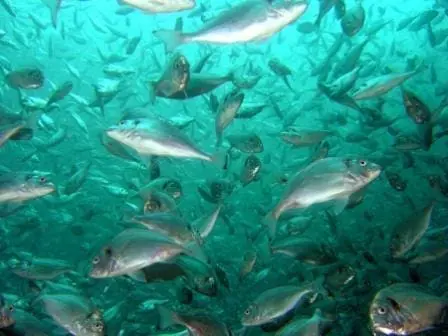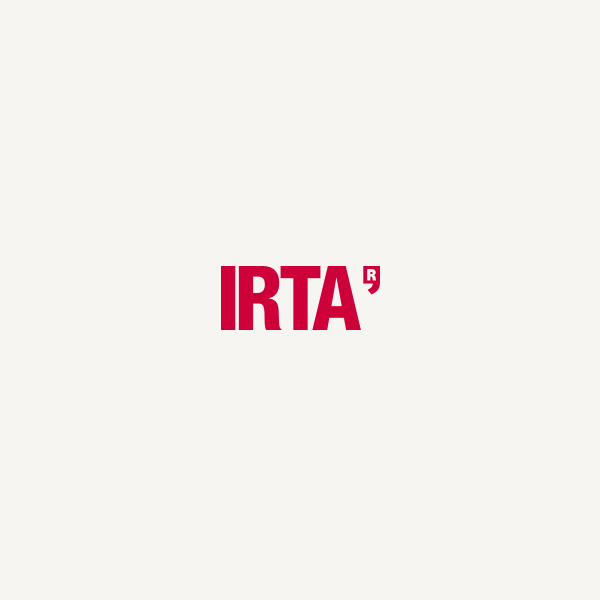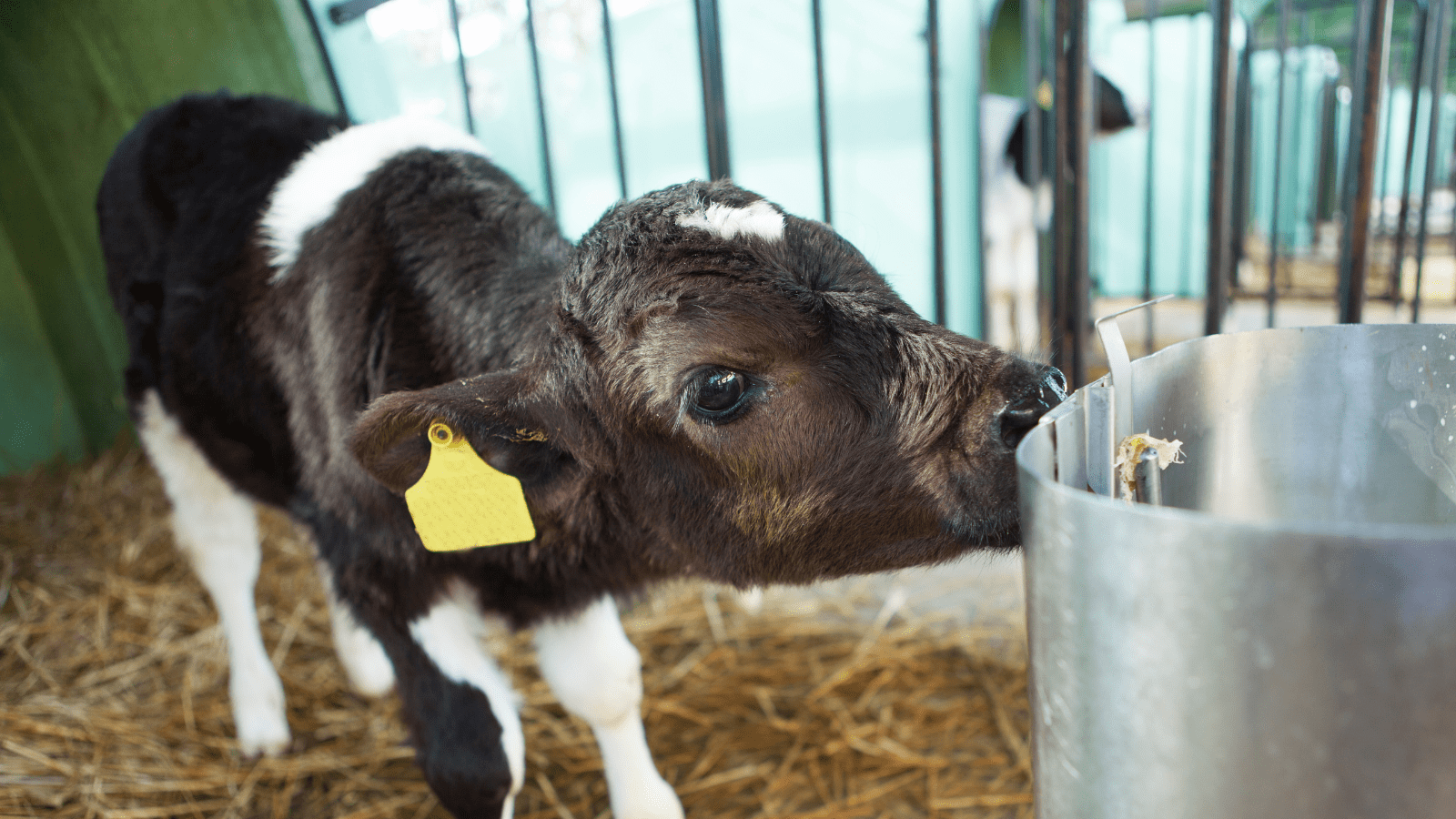
A consortium made up of researchers from the Aquaculture program of the IRTA of Sant Carles de la Ràpita, the Department of Cell Biology, Physiology and Immunology, of the Autonomous University of Barcelona, and the Andalusian Marine Science Institute (CSIC-ICMAN), in collaboration with the animal nutrition company TECNOVIT-FARMFAES, have shown experimentally that it is possible to reduce the incidence of the branchial ectoparasite, Sparicotyle chrysophrii, in sea bream (Sparus aurata), through the use of nutritional strategies based on the incorporation of essential oils in the diet.
With the aim of providing solutions for the fight and control of the branchial ectoparasite in cage culture of sea bream, a study has been carried out with a microencapsulated food additive composed essential oils of garlic, carvacrol and thymol (AROTEC-G), to evaluate their protective effect on gills.
According to Enric Gisbert, investigator of the project and head of the IRTA’s Aquaculture program, «the fish were fed 65 days with the feed that contained the additive under study and were subsequently exposed to a challenge by cohabiting with parasitized fish for another 39 days». In order to delve into the protective mechanisms of the essential oils evaluated, a transcriptomic analysis (using microarrays), was carried out, followed by a functional analysis of genes, which revealed a pro-inflammatory immune response of the branchial tissue mediated mainly by acidophilic granulocytes, sustained by both antioxidant and anti-inflammatory responses.
«These results were contrasted by a histochemical study of the gills that also showed an increase in carboxylated glycoproteins rich in sialic acid in the mucous and epithelial cells of fish fed with essential oils, which suggests the promotion of the defense mechanism of the mucosa, partly through modulation of their mucin secretions», adds the IRTA researcher.
Finally, the results of the challenge by cohabitation with fish carrying the ectoparasite supported the transcriptomic and histological results obtained from the nutritional test, since a significant reduction of 78% in the total abundance of S. chrysophrii and a decrease in the prevalence was observed of most stages of parasite development in fish fed the additive.
The results of this study suggest that the microencapsulation of the essential oils of garlic, carvacrol, and thymol, is an effective feeding strategy with proven antiparasitic properties against S. chrysophrii, with potential for its application in aquaculture.
«This is an excellent example of joint research, with an important presence of the private sector, being a clear success case in which academia and industry have combined their capacities and knowledge in the face of a problem, offering a concrete solution to a situation that has been affecting for years to cage culture of gilthead seabream in the Mediterranean», says Gisbert.
These results have been obtained within the JACUMAR project (“Nutritional strategies for the improvement of productive performance: use of functional feed and diets in aquaculture) financed by MAPAMA and FEMP funds.
Bibliographic reference (available online from Wednesday, October 21): Firmino et al., 2020. Unveiling the effect of dietary essential oils supplementation in Sparus aurata gills and its efficiency against the infestation by Sparicotyle chrysophrii. Scientific Reports https://doi.org/10.1038/s41598-020-74625-5


